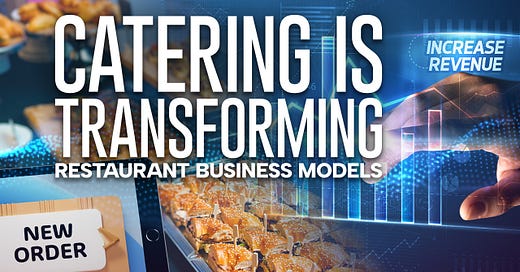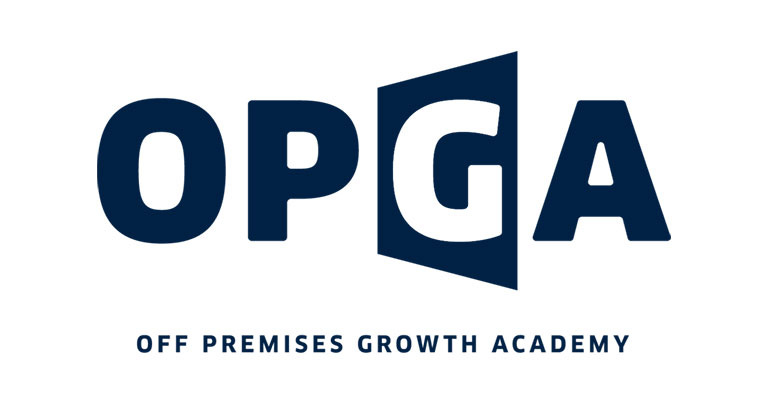The Untapped Potential of Catering: Transforming Restaurant Business Models
In the evolving landscape of food service, catering represents a massive, often misunderstood opportunity for restaurants. Industry experts are increasingly recognizing that catering isn't just an add-on service, but a strategic business channel that requires dedicated attention and a fundamental shift in organizational culture.
The distinction between catering and takeout is more nuanced than most realize. It's not about the food itself, but about the transaction characteristics – how orders are placed, paid for, and fulfilled. Business-to-business (B2B) transactions, whether for corporate meal programs or large group orders, represent a particularly lucrative segment that many restaurants have yet to fully explore. This emerging market goes beyond traditional event catering, encompassing everything from workplace meal services to scalable group ordering strategies.
Culture trumps strategy when it comes to successfully implementing a catering program. Many restaurants are still fundamentally structured as retail operations, focused on in-store dining and individual consumer transactions. To truly excel in catering, organizations need to reimagine their operational DNA, potentially even creating a C-suite position like a Chief Catering Officer to drive strategic focus and resource allocation.
Sponsored by:
Technology plays a crucial role in this transformation. Many current ordering systems are simply extensions of existing platforms, failing to address the complex needs of comprehensive catering operations. Restaurants need specialized technology solutions that can handle the unique challenges of group ordering, invoicing, and large-scale food preparation. This means investing in tech stacks that are specifically designed to support catering's intricate logistics.
The potential is significant. Some restaurant units are already seeing 30-40% of their revenue coming from catering, demonstrating the massive untapped potential in this market. However, realizing this potential requires a holistic approach: strategic planning, cultural commitment, targeted education, and robust technological infrastructure.
For forward-thinking restaurant professionals, catering represents more than just an additional revenue stream – it's a fundamental reimagining of how food service businesses can operate and grow. As the industry continues to evolve, those who embrace this shift early will be best positioned to lead in an increasingly competitive marketplace.










